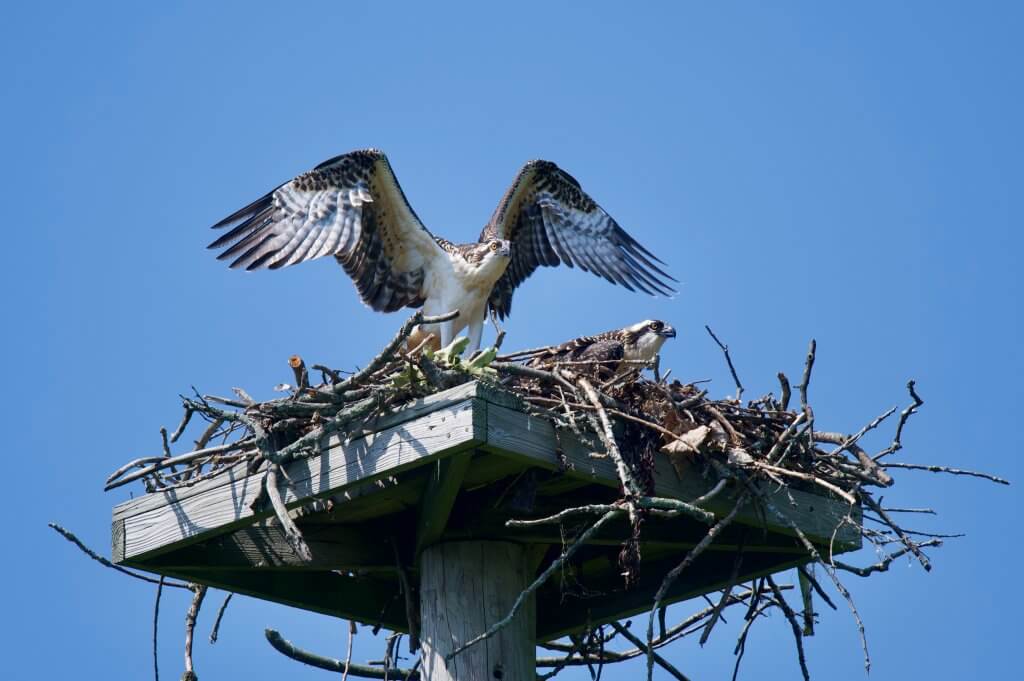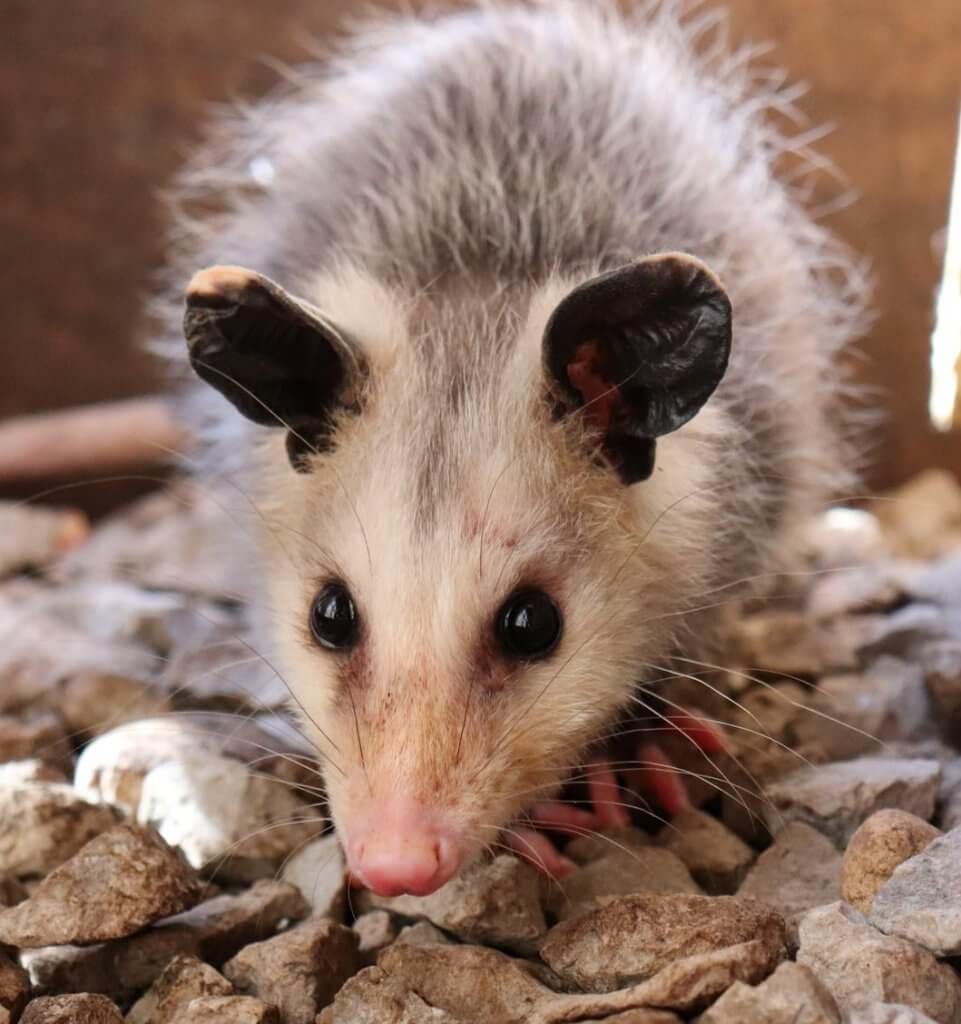We moved to Chestertown about 25 years ago. I’d grown up here, but after college much of my life was spent in big cities – Boston, Philadelphia, and the last decade, Brooklyn, NY. As you can imagine, coming back home was a big change from Brooklyn.
Some of the differences were obvious. Brooklyn was amazing, and we enjoyed living there. More than 100 languages are spoken in the school district where we lived in Brooklyn, and we heard quite a few of them just walking to the subway. I thought I would miss that – and, as a writer and amateur student of languages, I did. I knew that even with Washington College’s large population of foreign students (and those from other parts of the U.S.) there wouldn’t be that much variety in the linguistic soundscape here.
But I was surprised to find that the soundscape changed for the better in many ways. Being woken by car alarms or sirens was a nightly experience in our old neighborhood. Coming back to Maryland, we regularly woke up to the sounds of wild geese, woodpeckers, or songbirds in the morning. We’d almost forgotten how cheerful natural sounds can be.
Not that Brooklyn was completely divorced from the natural world. While our block was lined with six-story apartment buildings, there were pigeons and sparrows everywhere, with occasional seagulls, not to mention squirrels in the trees. (Yes, Brooklyn has trees.) But beyond those hardy residents, wildlife encounters were pretty much something you had to go looking for, usually in one of the city’s parks or beaches.
The move back to Chestertown put us in touch with a much wider range of both natural sights and sounds. We quickly got used to seeing a rabbit in our backyard, and there were visits from frogs, turtles, an immature (but feisty) raccoon, and once even a good-sized blacksnake. That was just around our own house and yard. Driving around the county, we got frequent glimpses of deer, eagles, herons, large flocks of Canada geese, and an occasional fox. And that was just the beginning of our wildlife encounters.

Sitting at the dock in Rock Hall one afternoon, we had a prime view of an osprey nest on a pole in the harbor. That would’ve been novel enough after living in the city, but things took an amusing turn when a female mallard insisted on swimming circles around the nest. The osprey, apparently either insulted or hungry – or possibly just playing – kept swooping at the duck, which responded by diving underwater; when it came back up, the two would repeat the routine. They kept this up for a good 15 minutes before the osprey tired of the game and went back to its nest. The mallard continued circling for a while, but without anyone to continue playing with, it eventually swam away. Too bad nobody from Animal Planet was there to film it!
There were other, closer encounters to come – notably the unexpected visitor in our bathroom one day. We were alerted to it by our cats, who retain a strong hunting instinct despite their indoor lifestyle. Investigating, we discovered a limp dull gray thing with a long, hairless tail and an alarming number of teeth. It took a moment for me to recognize the critter lying on the bathroom rug as a possum – which (surprise!) was playing possum.

We restrained the cats and set a Hav-a-Heart trap, which quickly caught the intruder. (As a longtime Walt Kelly fan, I immediately named it “Pogo”). Doing a little research, we learned that possums apparently eat ticks by the thousands – having some experience of Lyme disease, we considered that a major benefit. We found out it’s almost unknown for possums to have rabies – and we had worried about that, since the cats had come into contact with it. We met one older woman who told us that when she lived in Maine, her family had possums as pets – she remembered fondly how soft and silky their “hands” were. And, just today, I learned that possums are one of only three species of mammals that glow when exposed to ultraviolet light — the other two being flying squirrels and platypuses.

Even with those points in its favor, there was no way we could keep it, considering that the cats had a prior claim to the territory. And while Pogo might be docile at the moment, there was no guarantee that all those teeth wouldn’t come into play if the cats got too frisky. So we took it down to Radcliffe Creek to turn it loose. When I opened the trap, Pogo ambled off into the underbrush, showing very little gratitude at being restored to freedom. It was a brief, mostly harmless up-close look at one of the wild residents of our community.
We’ve gotten somewhat used to – and look forward to – these local wildlife encounters, now. Seeing ducks walking along High Street, or even a fox crossing the road in front of our house, is almost routine. We enjoyed the flock of vultures who used to roost in the hollow at the bottom of Washington Avenue – although the town finally had to shoo them off when it got too many complaints. I didn’t even mind it when a duck tried to bite me in front of the coffee shop – though I can guarantee you that would never have happened in Brooklyn.

